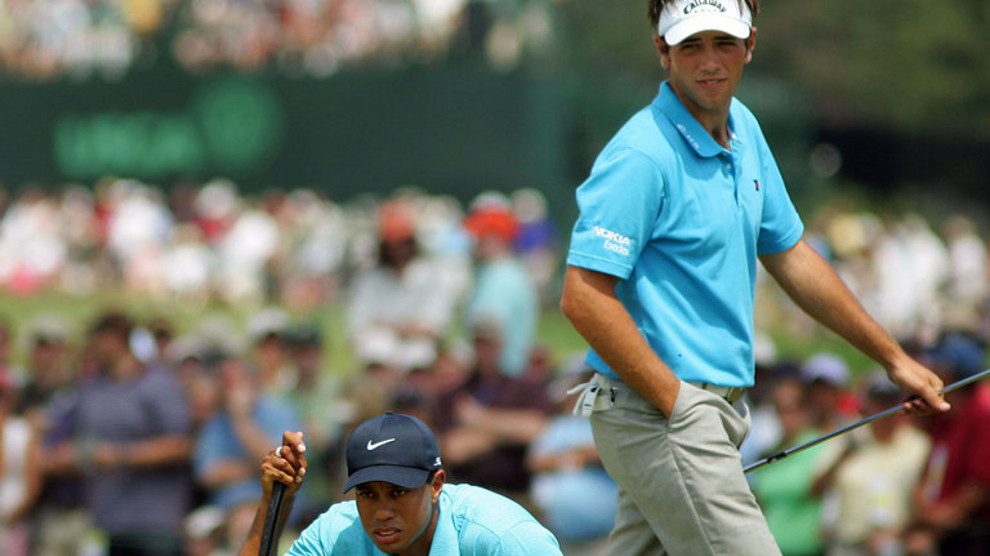The most transcendent athletes of all time were great because of something immeasurable. It wasn’t just Muhammad Ali’s quick hands. It wasn’t simply Michael Jordan’s explosiveness or step-back jumper. It certainly wasn’t alone Tiger Woods’ power and putting.
The most important athletes of the last half century shared something that is increasingly lacking in the sports of today: They were each killers. Whether fueled by an oppressive society, early failures or a calculated father, those men were connected by a desire to not just be the best, but destroy anybody who got in their way. It was necessary to be the best. It also was a lonely climb.
It explains why today’s athlete is much maligned – by older generations – when it comes to competitive spirit. LeBron James has done everything ever expected of him (since he wa a teenager!), yet one passive performance or one decision to play with friends unfairly tarnishes his legacy because he “doesn’t have Michael’s will.”
Becoming the best doesn’t bring popularity. It takes a callousness that alienates the athlete from almost everybody. Tiger Woods’ world was built for one, which is why his latest headline is even juicier. It isn’t about a DUI or the circumstances around it. It’s about the psychology of the solitary figure on the mountaintop.
Unlike Ali and Jordan, Tiger’s fall from grace has not been on his own terms. Ali lost three of his last four fights, a punch-drunk shadow of his former self. Jordan went up a size in uniform to play for the Washington Wizards. It didn’t matter. They were allowed to do it. They had earned that right. It’s what killers do.
Woods earned the right to play great golf until he was 40, good golf until he was 45 and tip his cap after some epic, losing battles in majors against the Rory McIlroys of the world. The armor is always tarnished at the end, but it should be with the reality of athletic evolution.
Woods was born, raised and cultivated into being the transcendent athlete he became. Earl Woods nurtured the killer inside him to be great and change the sport. In doing so, he also created a socially stunted, limited human, who needed that competition to define him. Like us, Tiger is flawed. Without golf, it is magnified.
The sad irony is that the generational shift should have been the healthiest thing for Tiger. Young American stars want to be in Tiger’s circle. They want to know him, even embrace him. The pure joy Woods showed as a vice captain at the 2016 Ryder Cup was healing for all parties involved, most noticeably for Woods.
But without access to Woods’ true home, inside the ropes of a competitive golf tournament, how does somebody who created a world that only he can exist in, and survive without the positive environment and peers that balanced and made him?
The lack of competition and the fuel it provided has left Woods rudderless. Why was he out at 3:00 a.m.? Why doesn’t he have somebody driving him? Is pain management a problem? None of those questions are our business or, frankly, require a public answer.
We ask them because it’s all we have left. Woods took us to the top of the mountain with him. Like children of Zaire, we were chanting “Tiger, bomaye!” while running alongside the transcendent age of the sport.
Tiger was the killer. Now? We don’t know who the next casualty is.

